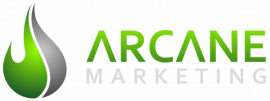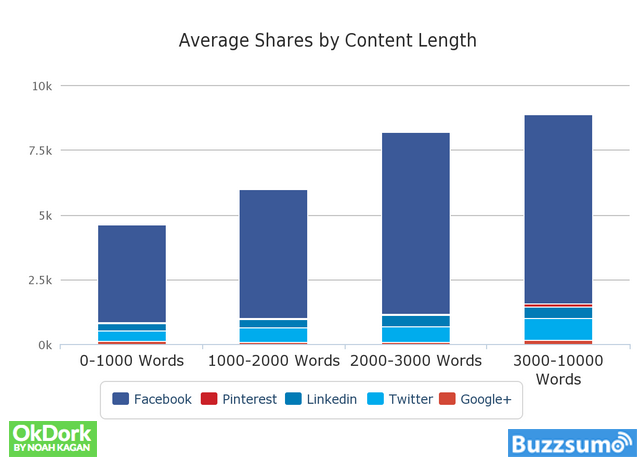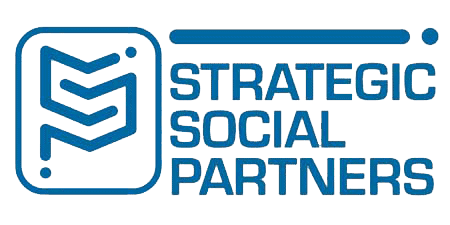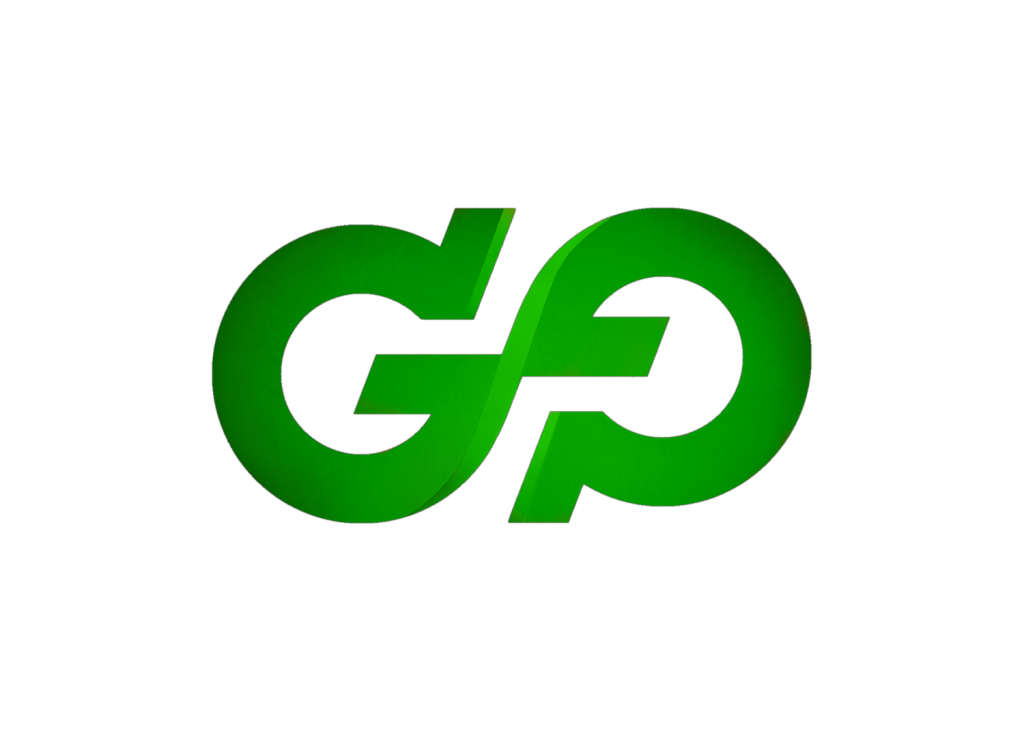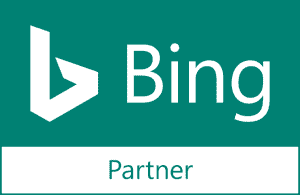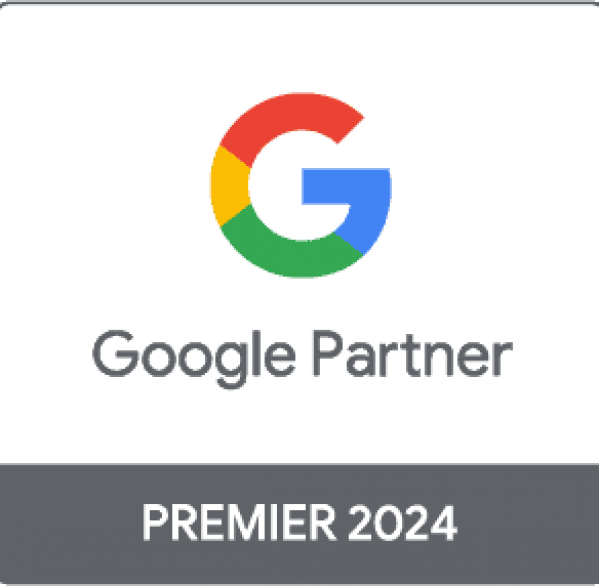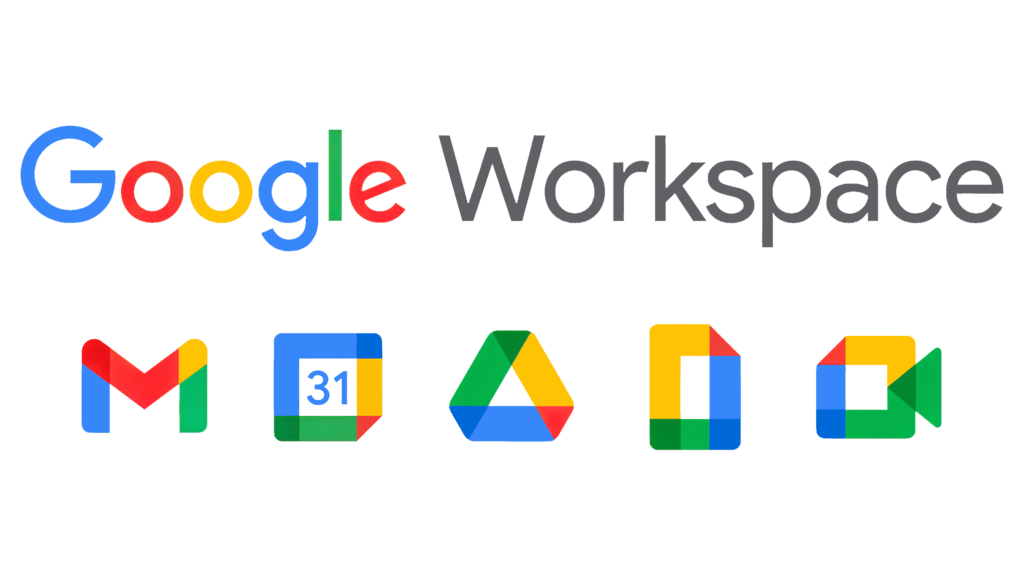 SEO can be very rewarding. Sometimes it can even be a lot of fun. But I won’t sugar-coat it – it’s often frustrating… pull-your-hair-out-of-your-head frustrating.
SEO can be very rewarding. Sometimes it can even be a lot of fun. But I won’t sugar-coat it – it’s often frustrating… pull-your-hair-out-of-your-head frustrating.
One thing that adds to this frustration is that what determines effective SEO is constantly changing. This isn’t an endeavor that you can one day master to the fullest and then indefinitely coast along on what you’ve learned. It’s not static. It demands constant change and improvement because Google is constantly changing and improving.
I’ve been guilty of settling into old habits that, over time, lose their effectiveness. Inevitably, I’ll reach a point when I know it’s time to buckle down and level up.
Gone are the days of phony backlinks, rehashed keyword-heavy content, or trying to trick Google with exact match domains. Google basically knows what you’re doing at this point, and if you think you’ve found a way to pull a fast one on it, it’s probably already 3 steps ahead of you.
So, here are some modern SEO factors and techniques that you need to be aware of.
Website Load Speed & How It Affects Your Rankings
 Your website’s load speed doesn’t just affect users – it’s also a ranking factor. Google has publicly stated that the speed of your website affects how it ranks in search results. Now, this isn’t to say that Google will give you a boost in rankings just because your website is lightning fast; rather, it will penalize you if your website is slow-loading.
Your website’s load speed doesn’t just affect users – it’s also a ranking factor. Google has publicly stated that the speed of your website affects how it ranks in search results. Now, this isn’t to say that Google will give you a boost in rankings just because your website is lightning fast; rather, it will penalize you if your website is slow-loading.
Think about Google’s incentives. Google wants to dish up the best, most relevant results for anything you search. It wants you to be happy with what you find. Are you happy when you find a slow-loading website? Neither am I.
In short: it doesn’t make sense for Google to reward you for having a fast-loading website – there are already plenty of fast-loading websites, so why get a reward simply for being up to par? Conversely, if you’re not up to par, Google will issue a penalty and you’ll drop in the search results.
Improving Your Website’s Load-Speed
Your first tool for the job ought to be Page Speed Insights. Take a look at the search field. Notice it says “Enter a web page URL” – this isn’t going to run a speed audit on your entire site – rather, it’s going to test the speed of any given page you paste in.

Testing your homepage is fine, but my advice is to check your highest-traffic pages first and see what needs improvement. You can get to the rest of your pages later.
Paste the URL of your page and click Analyze. Google will show you what needs your attention.
Page Speed Insights is great and all, but there’s one thing you need to keep in mind: It isn’t showing you your page’s actual load speed; it’s simply analyzing the page’s code and showing what could be slowing it down. For a more realistic look at how fast your website is loading for actual users, check out https://gtmetrix.com/.
Let’s Get Technical
It’s not enough to have amazing content that users want to read and engage with, nor is it enough to have a user-friendly interface. Your website can look like an OCD’s vision of the perfect landscape, but on another level, it can be a total mess.
That’s where Google Search Console comes in. Look at the status of your:
- DNS
- Server connectivity
- Robots.txt fetch
If there are issues with any of these, fix them ASAP.
Also, check for URL errors. A few server errors or soft 404s aren’t the end of the world, but if you see, for instance, 200-300 404s, you need to get those fixed immediately.
Finding The Best Keywords
The quickest and most obvious way to find relevant keywords related to your website is to type in a keyword into Google without actually hitting search. As you’re no doubt aware, Google will suggest relevant keywords underneath the search bar.
Let’s say your website is all about personal fitness. Maybe you sell supplements or offer training programs. Type in something like “bodybuilding” into the search bar and notice what Google suggests before you hit search.
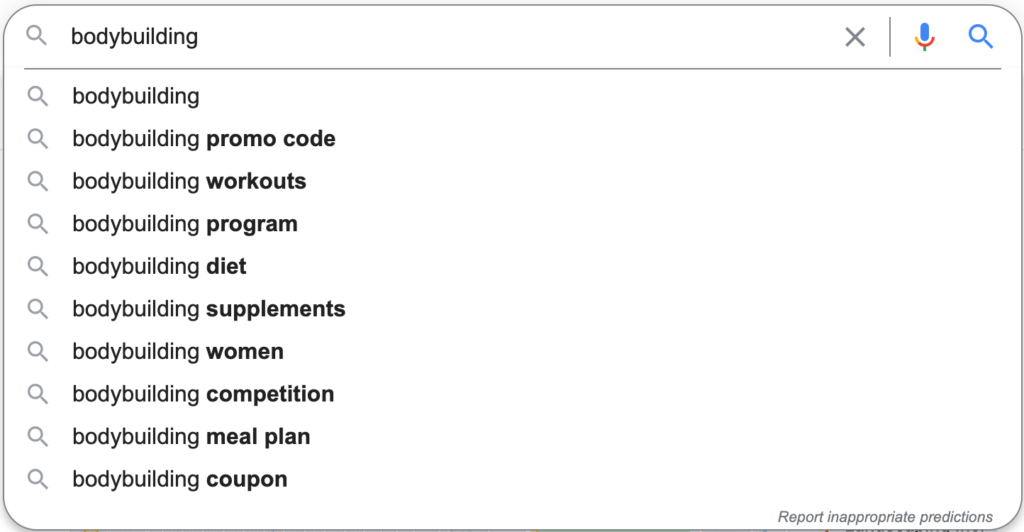
If Google is suggesting these keywords, it means tons of people are using them to find the results they want.
UberSuggests and SEMrush are also fantastic tools for keyword research. They’re pretty intuitive and easy to use. Play around with them and find out for yourself!
Content Development - It’s All About Quality Over Quantity
 We’ve reached a point in the SEO world where posting a new 400-500 word blog post every day just isn’t going to cut it. In fact those days have been over for a very long time. Even if every one of your posts is unique and not just a rehash of an old post for the sake of injecting more keywords into your website, the truth is that it isn’t going to do you much good. Google doesn’t even care how often you publish this content or when.
We’ve reached a point in the SEO world where posting a new 400-500 word blog post every day just isn’t going to cut it. In fact those days have been over for a very long time. Even if every one of your posts is unique and not just a rehash of an old post for the sake of injecting more keywords into your website, the truth is that it isn’t going to do you much good. Google doesn’t even care how often you publish this content or when.
As stated above, Google has incentives, and one of them is to show users the best, most relevant results for any given keyword. Therefore, it doesn’t matter if you have thousands of 500 word blog posts, each covering a unique topic, because how much information can you really include in those 500 words? How relevant could it really be?
Today, effective content looks like this:
Long-Form
The average first page result in Google contains 1,890 words, according to Backlinko in 2016. That said, they did revise the number recently to 1,447. Nevertheless, the point remains the same – Google likes long-form content, which consistently outperforms your cookie-cutter 400-worder.
Do plenty of research, cover every aspect of your topic, and give as much useful and practical information to users as possible.
Comprehensive
This ties in with the long-form principle – rather than writing 4 or 5 short blog posts covering different aspects of a single topic, it’s better to write a single, long-form blog post that covers everything about the subject in depth.
If there are a number of 500 word blog posts floating around on a website covering different aspects of a similar topic, it would be a good idea to combine them all into a single post.
Practical
Another term for this might be “actionable” – content performs far better when it’s littered with information that people can use. Let’s use the example of the personal fitness website again. Which blog post do you think would perform better – one on the history and origins of bodybuilding competitions, or one with actionable advice and techniques on gaining muscle fast?
Keyword-Optimized
Your content needs to be optimized around your target keyword. This keyword should be included in your URL – and keep the URL short; studies have shown that short URLs outrank long URLs.
Also, make sure your target keyword is included once in the first one hundred words of your page. Google puts more importance on the keywords located at the top of the page.
Includes Infographics
These are a game changer when it comes to informative online content. Infographic-laden content is roughly 2.3 times more likely to get shares than content that lacks infographics.
[graph courtesy of okdork.com]
Includes Outbound Links
Remember the part about content needing to be comprehensive? A big part of that is including outbound links to authoritative and informative sources related to your content.
Don’t get hung up on “losing domain authority” by doing this. The way we think of link equity and domain authority needs to change. Rather than looking at links like funnels through which “link juice” flows, think of them as endorsements or recommendations.
If Google sees that you are recommending users to helpful and authoritative sites, you will get a reward in search. The reason for this is simple: if a website is not only giving you the information you need, but also linking you to sources that give you even more useful information, you’re likely to return to that site for further info and further recommendations (outbound links).
In short: drop the impulse to write content every day. Don’t obsess over having over a hundred blog posts on the website. Make long-form content that is engaging, comprehensive, practical, informative, and intuitive. Sure, you can’t do this every day – maybe not even every week – but when it comes to content development, the key is quality over quantity.
Ironically, making content for USERS – rather than for Google – will yield greater rewards in search results.
A Cool Trick For Backlink Outreach
 This could be described as the “broken link building” technique.
This could be described as the “broken link building” technique.
Let’s say there’s a site from which you really want a backlink. Obviously this would be an authoritative site that’s in your website’s particular niche, and the page would be rife with links pointing to sources very similar to your own. Now, find pages with lots of links and look for broken ones. You can do this by installing a Chrome extension called CheckMyLinks. This will highlight broken links on any given page.
Next, reach out to the site owner and tell them about the broken links. In your message, mention that you’ve just completed an article with relevant information that may make a great replacement to the broken link, or a nice addition to the page.
Conclusion
SEO is changing. It’s always been changing, and it likely always will. Successful SEO means going beyond the “meat and potatoes” strategies that, frankly, just don’t move the needle as fast as they used to.
For more information on advanced SEO strategies and case studies, I highly recommend Brian Dean as a great resource for modern SEO knowledge. He offers step-by-step tutorials and much more.
